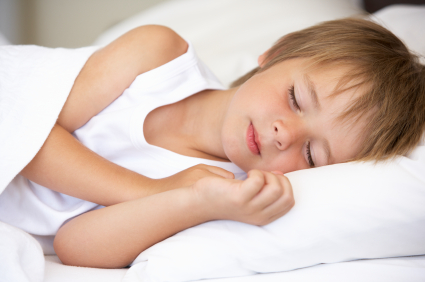The possible causes of bedwetting in children aged five years or older have been outlined in a new article published in the Canadian Medical Association Journal (CMAJ). The study, alongside a British study, found that bedwetting has a strong genetic link and that children were significantly more likely to wet the bed if their parent also wet the bed as a child.
The research found that bedwetting, also known as nocturnal enuresis,  occurs in over 6% of boys and over 2% of girls although the contributing factors were not gender-specific. Three main causes were found: excessive urine production at night, an overactive bladder, and an inability to wake up when they felt the need to urinate.
occurs in over 6% of boys and over 2% of girls although the contributing factors were not gender-specific. Three main causes were found: excessive urine production at night, an overactive bladder, and an inability to wake up when they felt the need to urinate.
Urinary incontinence in children can be very upsetting and embarrassing for both the children and parents however, a range of successful treatments have been developed ranging from lifestyle changes to medication. A review of bedwetting alarms has been carried out by Dr Darcie Kiddoo from the University of Alberta, Edmonton in Canada and found that 66% of children maintained dry nights once using the bed alarms although a further 15% of children each year stop wetting the bed without treatment.
For more information on the treatments available for children suffering from an overactive bladder click here for an informative article from Paediatric Urologists, Mr Divyesh Desai and Mr Imran Mushtaq.


